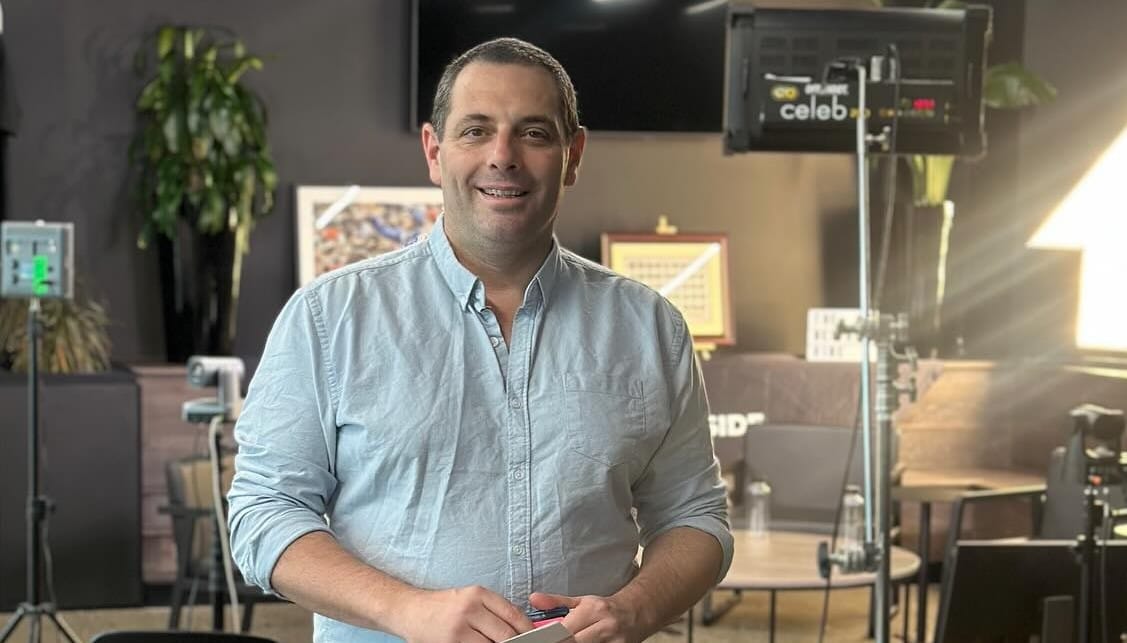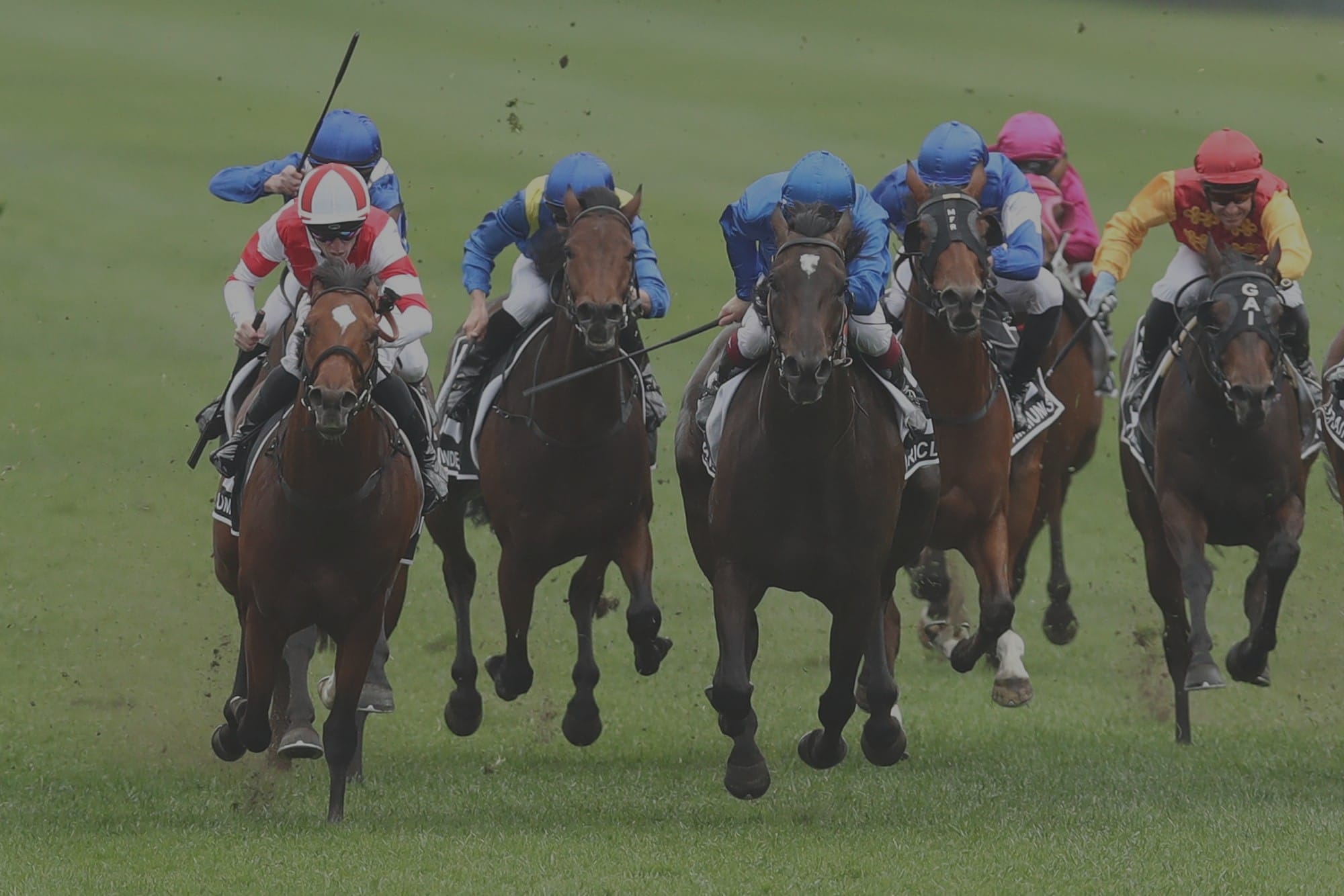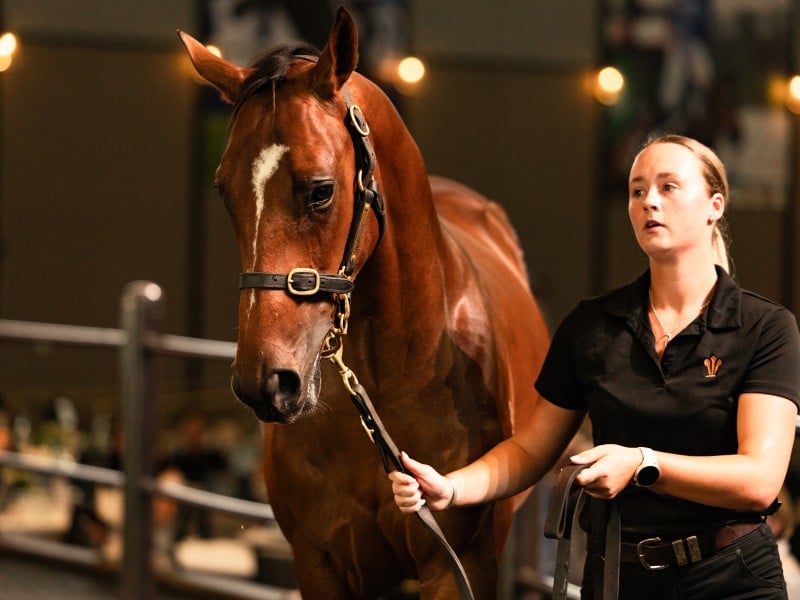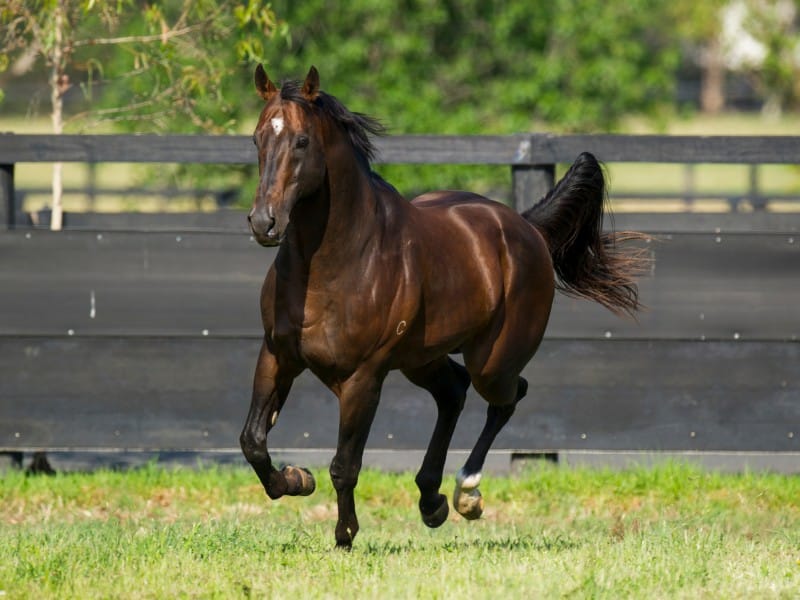Against the odds – CrossBet seizes on wagering uncertainty to stay in the race
In a digital bookmaking ecosystem under stress like never before, it doesn’t seem practical to expedite an aggressive strategy of acquiring wagering industry assets.

But to one chief executive’s way of thinking, the timing might not get any better.
As the boss of a business that in simplistic terms deals with betting firmers and drifters, Scott Cross is chasing the latter: the unwanted, the unloved and the under-pressure bookmakers struggling to stay afloat.
Cross, the head of sub-scale bookmaker CrossBet, is determined to continue targeting potential acquisitions, convinced the move is the best way to strengthen an online presence despite a dramatic downturn in Australian wagering.
Based in Brisbane and licensed in the Northern Territory, CrossBet hasn’t been immune to the financial difficulties mid to lower-tier operators are encountering.
Cross estimates the company’s turnover has dropped by as much as 30 per cent from peak to bottom of trading since CrossBet was launched in 2020.
It’s a decline that far exceeds the 10 per cent reduction in turnover that wagering industry insiders accept as a national decrease in wagering.
Advertising and sponsorship spending has been stripped back and there have been job losses.
Cross has no doubt that point of consumption taxes have played a part in contributing to the downturn, as has increased competition but he says there are other forces at play.
“I think the other outside factor that’s hurting everyone is the cost of living … people’s discretionary spending is down,” he told The Straight.
But in times of adversity, Cross senses an opportunity if he can apply the business principles he used in the financial world of banking and private equity.
“Growing your book the organic way, by going out there and acquiring new customers is really hard,” he said.
“We’ve certainly taken a view that you have to have a multi-pronged approach to continue to try and grow your book.”

CrossBet is involved in the joint venture startup HOT Bet and has acquired BBet and BetBetBet as micro examples of how a crowded Australian bookmaking landscape is changing.
Away from the headline merger of BlueBet and embattled Betr, many smaller operators have disappeared or are under new ownership as the industry’s contraction gathers pace.
PointsBet purchased content and wagering platform Foxcatcher, NSW regional operator Thunderbet was sold to the Victorian-based Marantelli Bet and Punters Pal was bought out by Elite Bet.
Other online bookmakers to close down include Victorian operators Winbet and Betflux and the NSW-licensed Rambet and Combet.
Cross says it is inevitable that more closures will occur. It’s a tenuous environment but the instability can work in CrossBet’s favour.
“We are actively out there trying to acquire more businesses,” he said.
“Time will either prove me correct or wrong but I would rather go and pay money to acquire businesses or acquire net gaming revenue (NGR) as opposed to continue to reacquire customers with 140-odd bookies fishing in the same pond.”
“I would rather go and pay money to acquire businesses or acquire net gaming revenue (NGR) as opposed to continue to reacquire customers with 140-odd bookies fishing in the same pond,” – Scott Cross
The explosion in online bookmakers reached a high point during the COVID-19 pandemic.
Most were opened hoping to cash in on a wagering boom but there were other motives behind the proliferation of “new” outlets.
Gambling tax thresholds meant turnover was no longer king.
Bookmakers that are subsidiary companies of international conglomerates such as Flutter and Entain, which own Sportsbet and Ladbrokes, respectively, have stayed at the top of wagering’s food chain.

They are well-established and have historically strong customer bases, which they have cultivated through an imposing marketing approach.
But for smaller outlets, thresholds have made life much tougher.
So, instead of having one business, economics dedicated it was better to have additional books that could deliver turnover expectations without being exposed to extra taxes.
“An industry needs all types and all sizes of operators … for the people who want to stay under the threshold and run a good little business, that’s fantastic,” Cross said.
“But I think what I’d like to see is the end of multiple businesses owned, in inverted terms, and taking it and abusing the threshold that way.”
CrossBet abandoned expansion plans to open in Canada at the 11th hour to focus on improving its foothold on the domestic scene. It mirrors the recent strategies of PointsBet and BlueBet, in changing their international approach.
And just as many bookmakers are looking to leave, Cross is upping the ante in seeking new opportunities.
“I think there’s two things you can do as an operator,” he says.
“You can stick your head in the sand and wave your arms around and say, ‘oh, taxes are killing us, and margins are slim, and there’s too much competition’.
“You’ve got two choices. You either do nothing, and it’s going to be death by a thousand cuts for what I call the sub-scale bookies, and I include ourselves in that.
“Or when valuations are low in a fragmented market and people are looking for exit options you actively go out there and try and buy businesses and acquire NGR at the right price, when values are relatively subdued.”
A self-described “horrible punter” and an out-of-luck racehorse owner, Cross ventured into bookmaking after investing in several online startups while working for a private equity firm.
“I’m certainly no good at picking horses and I’m certainly no good at punting,” he said.
“But to be honest, if you think about banking and bookmaking. I think about a bet as a unit of risk.”
He says there are synergies between the financial and wagering sectors that shouldn’t be undervalued.
“I think in investments, you’re always looking to limit your downside exposure,” he said.
“And I think with bookmaking as well, it’s about managing risk or managing exposure. I think there’s probably more of a correlation (between the two industries) than people actually think there is.”

“I’m certainly no good at picking horses and I’m certainly no good at punting.” –
Scott Cross
Cross’ move into wagering scratched an itch and, again, it was all about the timing.
“It’s something I’ve always wanted to do and an opportunity was there,” he said.
“If you have a chance to have a shot at the stumps, why not? And of course, the market was significantly different back then.
“We didn’t have 140 bookmakers. And while I hate saying it, COVID was a very good initial catalyst for growth in the business.
“There was no point of consumption tax so it was a different playing field.”
So much so, that Cross says he would be hesitant to launch a startup in the current environment.
He even suggests that a ban on gambling advertising will not create the level playing field between high-end operators and bookmakers such as CrossBet that many industry insiders expect to happen.

In fact, Cross believes that the gap will become wider.
“Essentially, if all advertising is banned and all that you can use is gratuities to try and win back customers, the institutions with the largest book of clients have a larger group to fish in and reactivate their clients,” he said.
“I think if you were trying to start now, you’d probably find a better use of capital elsewhere. There are a lot more reasons to say ‘no’ to starting a bookmaking business than there were when we started.
“But for me, my concentration in management is to acquire. And if we can acquire other businesses with unique points of differences, that’s even better.”





